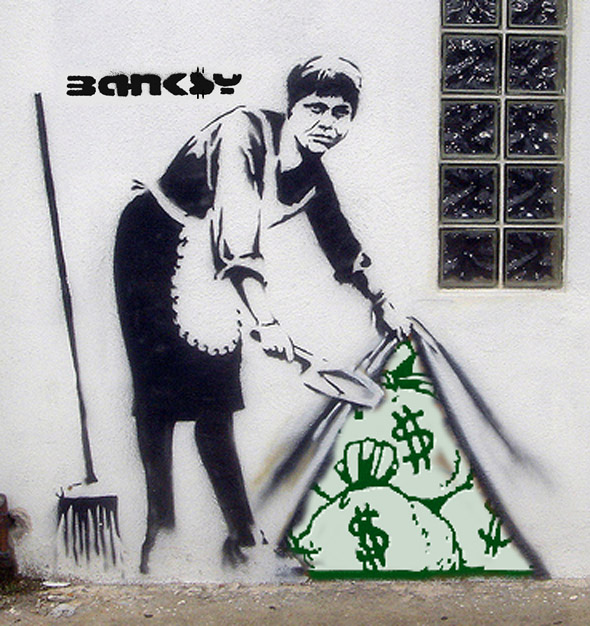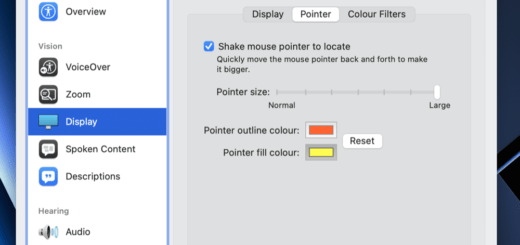Will Visa really control the future of Apple Pay?
Apple may eventually need to take on Visa as mobile payments evolve. Within this Apple Pay may be looking to blockchain-based systems to help maintain itself in the increasingly competitive payments market – its battle with banks in Australia is a flash in the pan in comparison to what could be a looming combat with big payment providers.
The journey
What’s at stake is a stake in the future evolution of payments. If you think about it, purchasing consists of a trail of decisions, looking, choosing, purchasing, and choosing what you will use to make that purchase. These steps exist on the high street and online.
“We talk about the Internet of Things, we think about wearables and what that means. And so, the opportunity to buy…with much less friction is certainly what the future looks like. And in that kind of environment, cash doesn’t work,” Visa CEO Charlie Scharf told Bernstein last month.
Bankers have already been warned that technology is going to get them and that when it does no one much is going to care. However, it looks very much as if Apple and others are looking to help make that happen, once the time is right.
Visa’s power rests in its international payments system, which enables different providers and payment services to interoperate, but this power may not be set in stone – and companies including Apple and Google are looking into ways to challenge it, according to Ripple CTO, Stefan Thomas, speaking to IBTimes.
Looking for alternatives
“The tech companies would much rather be able to move themselves,” he said. “I think what they are lacking, what they need is some way to interoperate with each other. That’s the thing the Visa has that they don’t have, the interoperability. That’s why we think having a protocol that gives them that interoperability is going to unleash complete hell on Visa.”
That’s not to say people like Visa aren’t also exploring the potential of emerging fintech systems to help them fight off technology alternatives, including Apple Pay.
One system that seems promising is a distributed ledger technology designed to help stakeholders securely track asset ownerships and transactions. Here’s a website detailing more data. “Estimates suggest that such technology has the scope to reduce operational and compliance costs of paper-based trade financing by 10 to 15% and provide a platform for banks to grow revenues by as much as 15%,” says Finextra.
However, there are different systems, which kind of flies against the fundamental theory of the distributed ledger. To enables these different systems to cooperate Ripple (also co-chair of the WC3 Web Payments Working Group) is designing an HTTP-like protocol to link these things up.
Seeking some way to reduce its reliance on the big card payment networks, Apple is apparently interested in the tech. “They keep asking us to give presentations about it,” Thomas told IBTimes.
Fight the power
“From a sort of business strategic perspective, the big tech companies absolutely hate the card issuers, because they are another powerful player and something the big tech companies don’t like is sharing market power.”
What that means in the real world is that Ripple’s system could conceivably challenge the SWIFT international banking mechanism, which could make international trades cheaper and faster for end users. This reduces exposure to credit and enables faster and more immediate ordering and transaction settlement.
When it comes to scale, of course, Apple will be interested in using systems like this as leverage to reduce the fees it currently pays to payment providers, even as it attempts to shave down the cost of its own payment transaction system, Apple Pay.
Who’s planet?
That may be fine for Visa if the situation remains the same. “We’re in a position where we’re not trying to pick winners; we’re not trying to pick winners in consumer experiences, we’re not trying to pick winners in the handset manufacturers in terms of who we should partner with,” said the Visa CEO.
“We want to be the enabler that sits behind and powers all of these things and let the world decide what the winners are,” said Scharf.
What isn’t clear is how well Visa will fare if emerging distributed ledger technologies manage to provide the breadth and scale of to match or replace its services, and what happens if Apple, Paypal and others really choose to use them.
The story won’t unfold fast, but I do think it will be something to monitor for the next few years. It’s open to question if Visa’s current free market mantra will survive the transformation of payment processing into a more competitive marketplace.





